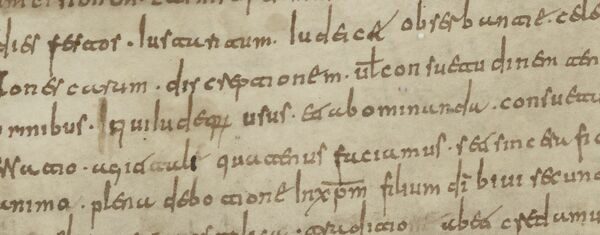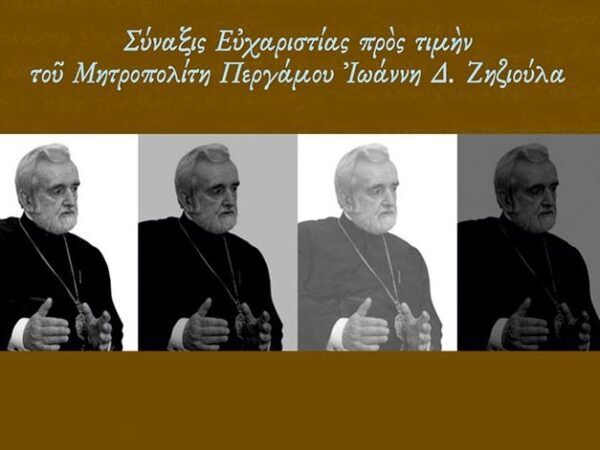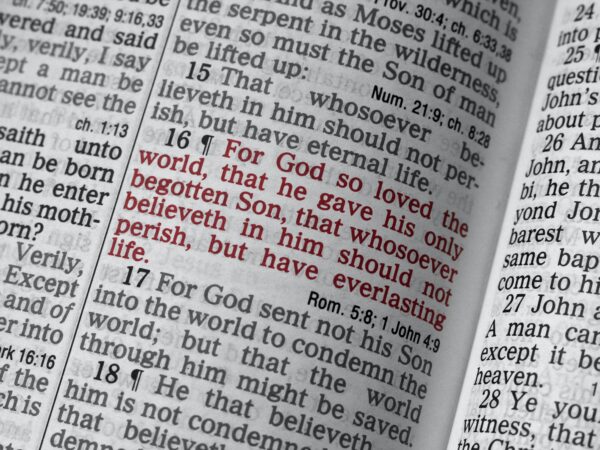
This essay makes a strong case that the social, political, economic and ideological developments that accompanied the transition from the Heian (794–1185) to the Kamakura period (1185–1333) generated epistemic and social structures of a longue durée that remained permanently available as a resource for a Japanese form of secularity.

Sin exists in the denial of love and compassion. Where there is justice, there God’s work is seen. It is the absence of love and denial of fellowship with one another that defines sin. Being Christ’s disciple is building a just society by loving one another and creating a safe space for everyone to live in. The Church should be a welcoming place where everyone feels liberated and not judged based on differences or otherness

The Center for Political Theology will be hosting a book launch for The Politics of Ritual on March 16, 2023 at 4:30pm in Garey Hall 10A, Villanova University. Please RSVP to [email protected].

The idea of the modern secular presupposes the existence of a holistic premodern world in which the amorphous phenomenon of religion penetrated all realms of life. But the existence of an Islamic distinction between the religious and non-religious domains suggests otherwise: not a latent secularity, but rather a difference of an altogether different kind. But if it is not equivalent to the “secular,” then what is it?

Early medieval people could and did differentiate ‘religion’ from ‘not religion’ when it suited them to do so. These secularizing strategies are no less historically significant for being situational and often fleeting.

From Myanmar to Mariupol, from the streets of Memphis to the waves and winds of the Mediterranean Sea: resistance to violence takes many forms. So does political protest against precarity. At which point does the unavoidable vulnerability of the living condition come to expression as political agency? Can such precarious politics constitute or configure an alternative community?

Sometimes, there are no cosmic answers to the cosmic questions around us. Jesus demonstrates that the answer to that question, ‘who are you?’ can only be lived out in relationality to the divine one moment, one temptation at a time.

This piece is from the Political Theology Network archives originally posted on March 17th 2016.



